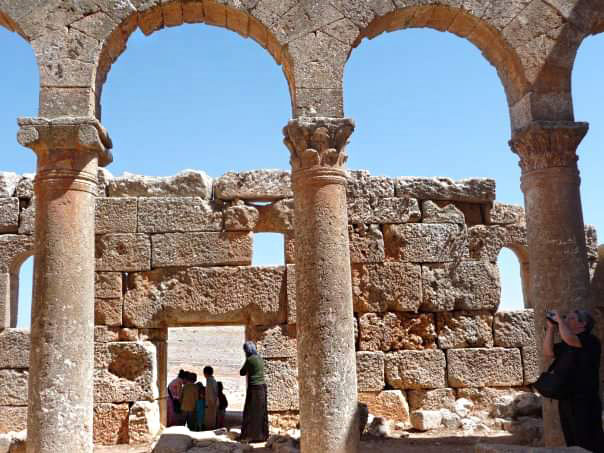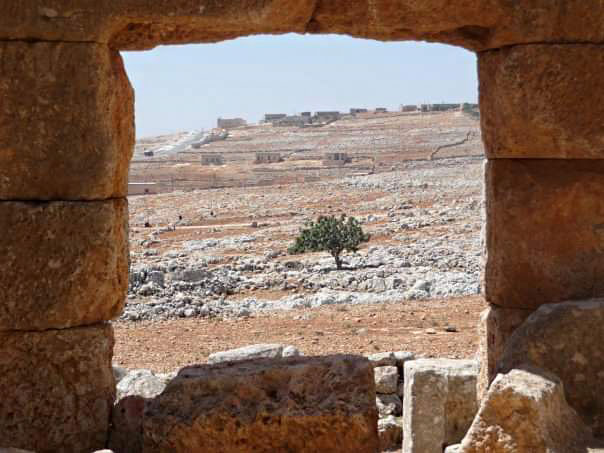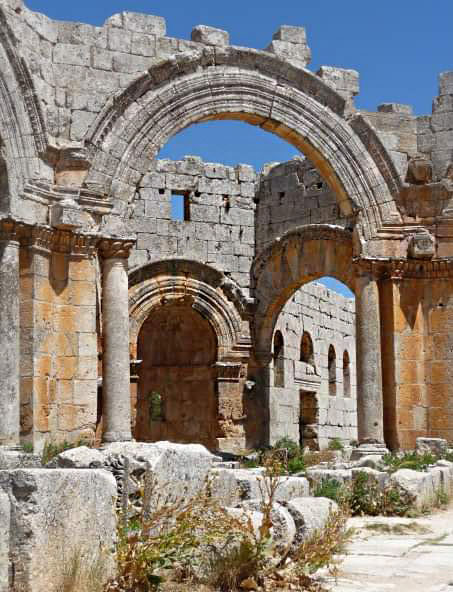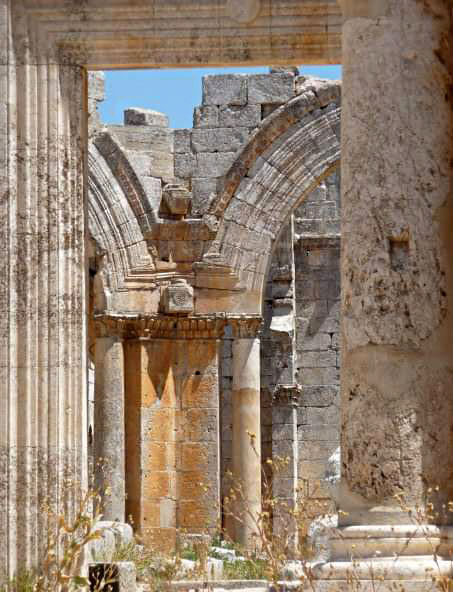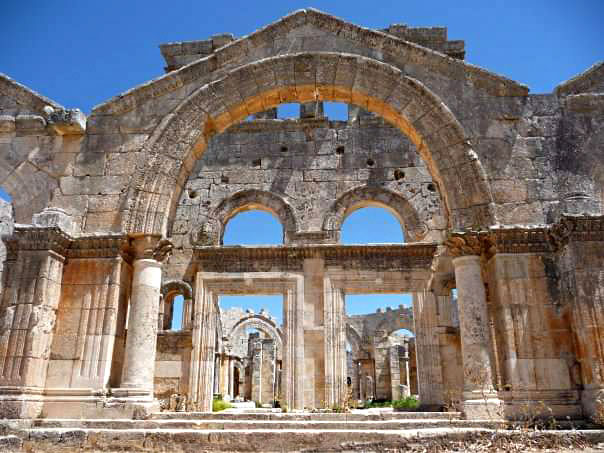
I Should Have Combed Her Hair
My grandmother had
the most beautiful, long,
grey-blue silver strands
of hair—She wore
her hair in lengthy braids,
then coiled like a wreath
around the base
of her neck. On occasion,
I'd happen by her room,
her sitting, on the nearest side
of her bed, in her nightgown,
hair freed—from tight braids,
exposed, not bundled
up, not hidden, under
her black chiffon scarf,
her blue-grey hair, hanging
free, flowing down
her porcelain shoulders,
a painting, a woman,
a wife; this image
haunts me—inasmuch,
as I wish—I had spoken
to her, more
often—about her youth,
her self—her life—
as a young woman,
as a young widow—
All she was—
At the end—
her mouth
was always shut
and quiet;
I was so young.
Generations
carry voices.
Ours were
more pronounced.
All the years
between—
Mama, 46,
when she had me.
Father. 51.
This was his—mother.
And me, a teenager—when
she was 80. As a writer,
I am haunted.
As a granddaughter,
I am haunted—
by such beauty. I keep
these remembrances,
to myself —of happening
by or going into her room.
Her—with her thick, long
hair—the color
of age, and rippling
in waves, down
towards the bed,
touching the flowered
sheets before braiding
—Or her—combing
such hair; the beautiful,
intentional stroke
of her hand—I should have
spoken— more
—to her, though she
did not speak—
Her country, hidden,
quiet
in her mouth

September's Eve
On September's eve, I wondered why
there was joy and light inside
the dim-lit kitchen at night;
all day I'd proclaimed, tomorrow
is September, the secret lies there,
in that sibilance. At night, I almost forgot,
the end of August was near—
something like an hour and some minutes outside that frame, who would not celebrate,
even in the subconscious, the nearing
end of summer—my house awaits me, nearer that light, the season of a homing,
the hope of the orange trumpets on the
backyard vine, just beyond my Pride
of Barbados, flowering bush
of fire
Sky
The sky is not black but blue—dark purple, aubergine, night blue, and the stars
Milky Way stitched like that, celestial ladder, Father of forms, arced over the hills, over
the flat fields, over mounds of earth. Star-sky settles, above and across, every night
—To gaze at it, at the hour of standing, still—
for a while—You, looking up. You can
almost see it—move, the slow spin of space
—keep your head up, see night lit, nothing more
beautiful, nothing—more real—you are
the axis—the unmoving—around which,
the planetary turning, slowmoves
Stay still, at least, long enough to see,
the slow rotation, the sky's slow animation,
silently sing

The Morning After
I remember hospice washing the body.
I recall the ketonic scent of him, two nights before his passing, as he sat at the edge
of his hospital bed, in the den—me with my bad knee—holding him up. The heart is stronger than the limbs. Daddy could not
sit up—We took turns holding. He moaned. And when I began to sing a childhood
song he sang to us as we learned to walk
—I rocked and soothed—more than a whisper—I think he felt the vibration of my voice. My beloved strongman, gone quiet. And
the beautiful absence of moaning. My shirt smelled of his sweet scent. The way ketones release flowers into air—preparing for
burial—preparing—for resurrection. Cristo
ha resucitado. And my father with him.
My sweet mother folded—into herself
soon after—Irfeekit umray. Friend of my life, he called her. Through hard days and easy.
17 when he asked for her. 18
when they married—My great beloveds.
No other love like this—I have for them
—pure—full of awe and gratitude
and memory beyond memory. As if I knew them forever—before I was born—
and after; I only recognized them then.
"Yellow buds of
the desert—birds of
paradise—at the end
of which spirits without
age slept, with their
crowns on the table."
— W.S. Merwin
Sun
Sun surprised in its golden descending.
Behind me, Shems announced, wordless,
that it was over
The day, and the chances. For completion
of intentions. When we try—to formulate
the way, and what hours
should carry, we can only ply so much. Sometimes, the wheel turns, easily.
Yesterday, the day was
easy, perfection, placed, aligned—
under planets, themselves, aligned. If we
could only be
planetary, knowing our places, our rotation into and out of it, the day, the hour, the fire—I would be Saturn, turning
—its Titan moon, made for "winged flight"
—my brother—once said, You like to fly, to be free . . . not so hard to see
Or I, or you, could be, Enceladus, made for reflection, yes, let's be that, made
for reflection
Maybe we can be—both—reflective and
free, winged, or—let me be Dione, moon
made of water
Flight, reflection, a sea inside a moon. Sun, began its descending, its announcement
that day—is done
—and all the efforts in it. Sun speaks, often, wordless. Schemmes. Shems. Sun. Star
or planet.
Kawkab, in my mother's language. Kawkab,
a planet. My mother is a planet. My mother
is a star.
Shemmes: Hebrew for sun
Shems: Arabic for sun
Kawkab: Arabic for planet, star
This was written at sun's lowermost moment, as it skimmed the lower surface of the wall, quickly, it glowed, warmed, then fled.

Marian Haddad is a poet, writer, manuscript & publishing consultant, private writing mentor, lecturer and creative workshop instructor. Her collection Wildflower. Stone. (Pecan Grove Press, 2011) was endorsed by Pulitzer poet Yusef Komunyakaa. Haddad's chapbook Saturn Falling Down (2003), was published in correlation with Texas Public Radio's Hands-on Poetry workshops, and her full-length collection Somewhere between Mexico and a River Called Home (Pecan Grove Press, 2004) was a Small Press Notable Book.
Haddad's poems, essays, reviews, and articles have appeared in literary journals and anthologies within the U.S., Belgium, the U.K., and the Middle East, including Crab Orchard and Kenyon Review Online. An NEH recipient, she holds a B.A. in creative writing from the University of Texas at El Paso and an M.F.A. from San Diego State, where she was associate editor for Poetry International, Vol. III. Haddad has taught creative writing at Our Lady of the Lake and Northwest Vista College, and International and American Literature at St. Mary's University, and conducts workshops nationally and internationally. She is a native El Pasoan, having lived in Boston, San Diego, and now in San Antonio for 21 years.
